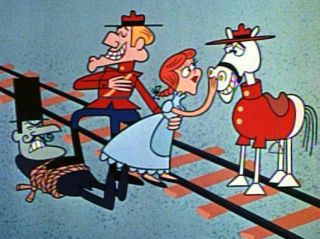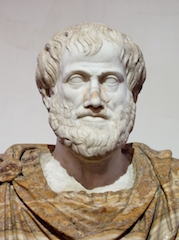Introduction
Quadratic funding has received a lot of attention recently as a mechanism for funding public goods—especially in the web3 space. The Gitcoin grants program alone has distributed over $59M through QF funding rounds as of January 20241. QF is appealing because it is theoretically optimal under certain assumptions2.
The problem is that these assumptions don’t ever hold in reality.
The theory behind QF is sound and elegant, and the authors of the original paper are clear about the assumptions. They don’t claim they are likely to hold in reality, and warn about the consequences when they don’t hold.


